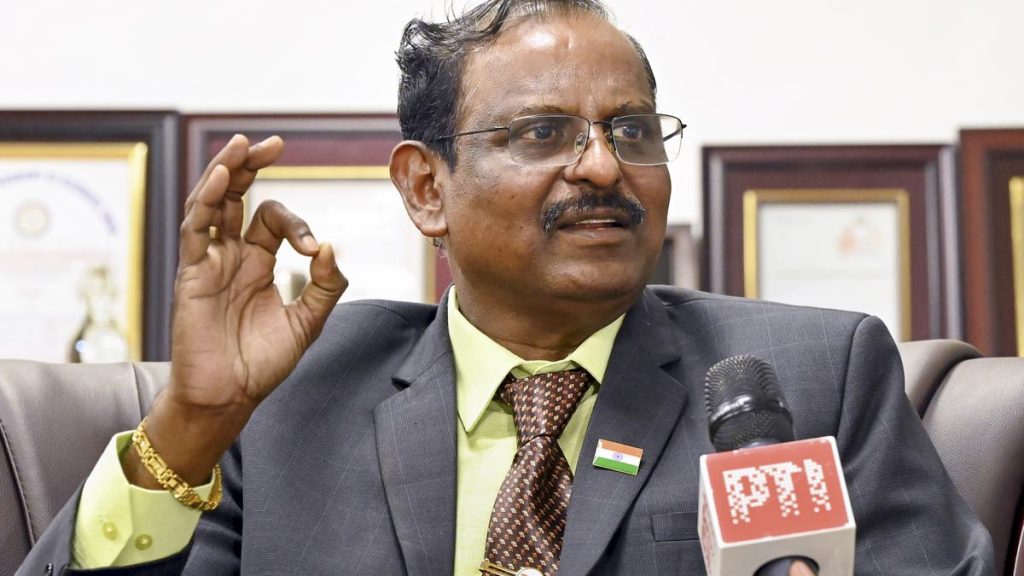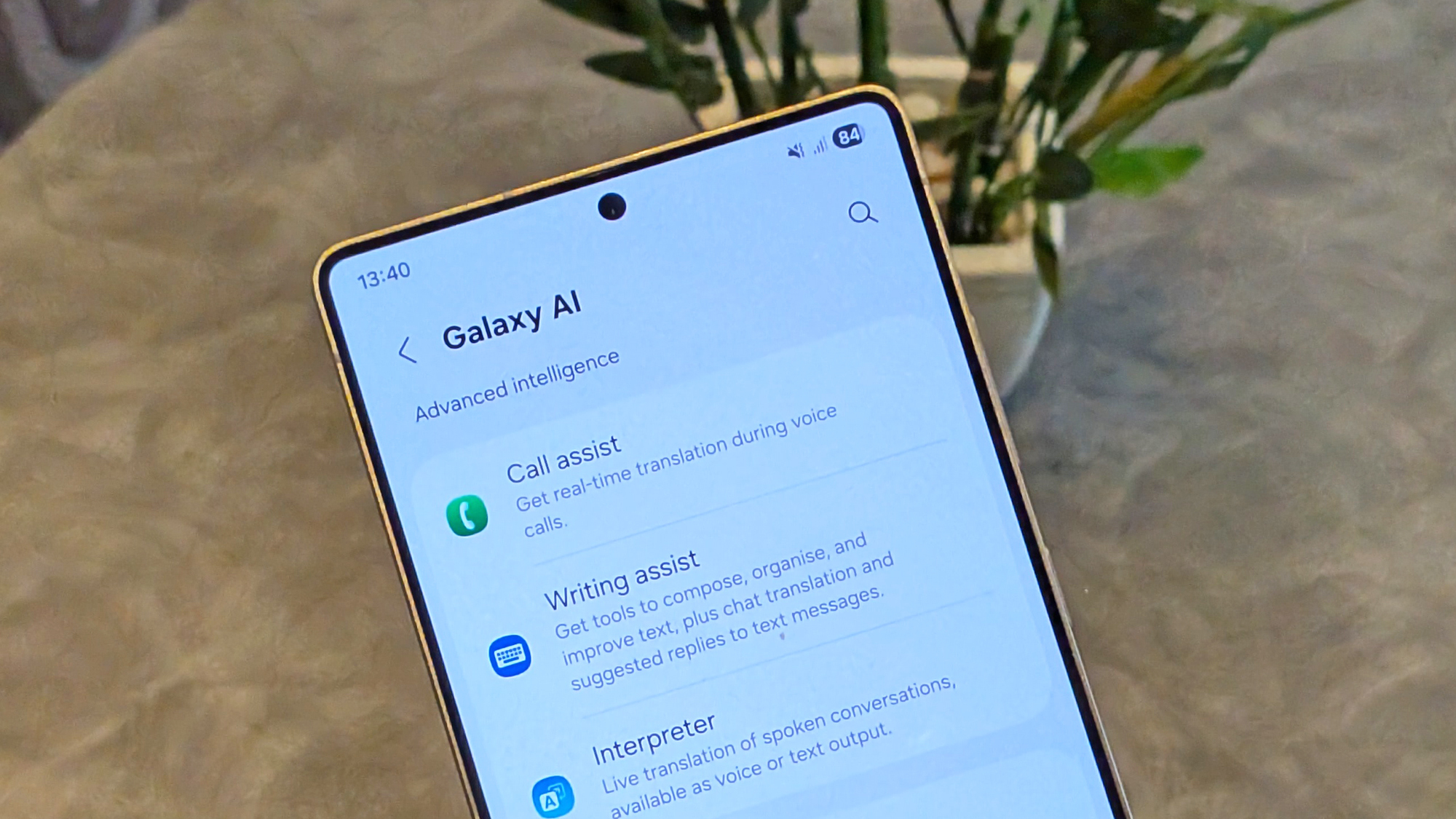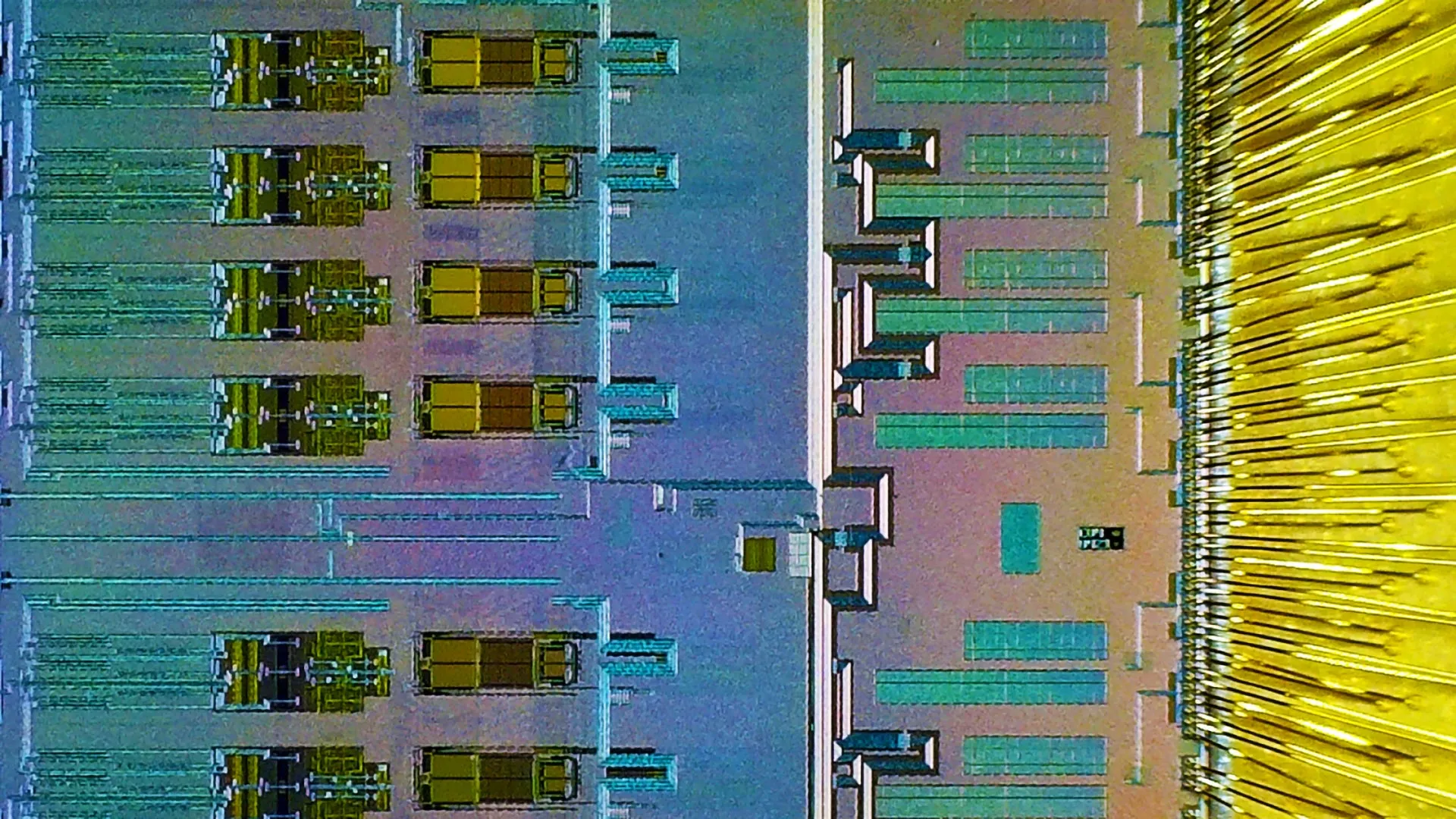Now Reading: Digital Twins Revolutionize Clean Energy with Challenges Ahead
-
01
Digital Twins Revolutionize Clean Energy with Challenges Ahead
Digital Twins Revolutionize Clean Energy with Challenges Ahead

Swift Summary
- Researchers at the University of Sharjah are investigating AI-powered digital twins as innovative tools for enhancing renewable energy systems.
- Digital twins replicate and interact with physical systems, enabling better optimization, cost reduction, and increased efficiency across industries.
- The study focused on five major renewable energy sources: wind, solar, geothermal, hydroelectric, and biomass.
– Wind Energy: Improve reliability but struggle to simulate aging turbine components like blade erosion or gearbox degradation.
– Solar Energy: Help in system design but lack accurate long-term performance prediction due to environmental factors affecting panel durability.
– Geothermal Energy: Simulate processes like drilling; however, limited by insufficient geological data and system complexity.
– Hydroelectric Energy: Enhance simulations but face challenges in modeling water variability or ecological impacts accurately.
– Biomass Energy: Offer operational insights yet struggle with modeling production chains or biochemical reactions.
- Researchers employed text-mining techniques via AI/ML tools to analyze existing knowledge gaps systematically.
- Key challenges include insufficient high-quality data and limitations of modeling techniques specific to each energy source.
- Recommendations suggest improved data collection methods and advancing computational capabilities for better request.
Indian Opinion Analysis
The investigation into digital twin technologies presents a promising frontier in optimizing india’s renewable energy infrastructure amidst global climate imperatives. While the findings highlight important progress in applying AI-driven solutions across diverse clean power sources such as wind or solar energy systems-both critical sectors globally-the limitations outlined underscore areas that need more investment.
For India specifically-given its ambitious targets under initiatives like the National Solar Mission-overcoming issues such as long-term prediction errors and environmental adaptation within these models could address escalating demand while aligning with sustainability goals.
Moreover, integrating advanced data collection methods offers not only technical improvements for emerging sources such as geothermal but also critical insights into localized phenomena unique to environment-sensitive regions within india (e.g., fragile Himalayan ecosystems). A thoughtful roadmap combining scientific rigor with applied policy may play a pivotal role if implemented effectively toward mainstreaming these innovations nationally.
By focusing rigorously on precision-based decision-making frameworks grounded deeply using digital-twin-supported research/data-cooperation-industry-framework expands new scalable applied cases allowing efficient direct industry logic validations
























